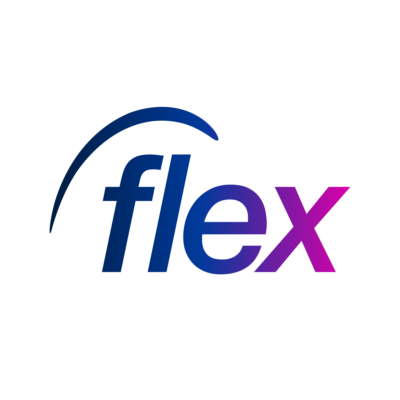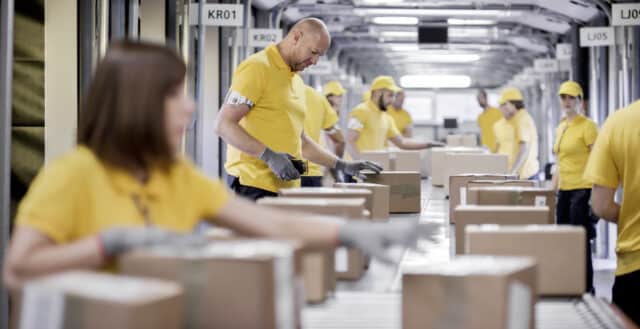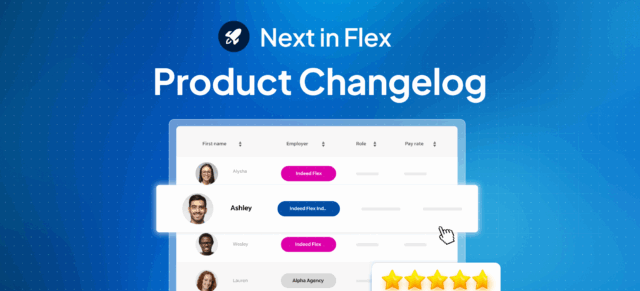
As one of the biggest industries around the world, hospitality has been hit hard by the COVID-19 pandemic. We’re exploring the impacts and challenges since March 2020 and predictions for the future.
Looking back at the hospitality industry
Examine how the industry was impacted across the following areas across the last 12 months…
Market demand
Then: As the majority of hospitality venues were forced to close, there was a huge shift in the demand for takeaway and delivery services. Customers were no longer permitted to eat in or use any seated facilities and so the industry was forced to adapt in a way that suited this.
Now: The population is excited to get back out socialising and bars, pubs and restaurant bookings are vital to landing yourself a table. There was a sharp decline in supermarket sales once hospitality opened up, indicating that customers are choosing to eat out once again. It was reported that 44% of adult consumers went out to hospitality businesses in the reopening in April, giving venues that much need support to get back on their feet.
Revenue
Then: Research found that the loss to the industry was over £80bn worth of global sales during the first 12 months of the pandemic. This was a huge hit to hospitality organisations across the board with many unable to withstand it and having to close their doors for good. Data by Simply Business found that COVID-19 cost pub and restaurant owners £40,313 on average, which for some was irreversibly damaging.
Now: Coming back with a bang, 58% of hospitality leaders rated their performance since reopening as being ahead of their expectations. Many reported levels alike to the peak festive period in terms of trading. There’s very much still work to be done to help many businesses recover but these levels of revenue are getting them on the right track.
Staffing
Then: Venues were either closed or working at a reduced capacity, meaning many workers found themselves not being needed. According to the Office of National Statistics, hospitality was the worst-hit sector, accounting for 1 out of 3 of the job losses in the UK.
Now: In a complete turn of events, the industry is now experiencing a mass staffing shortage. Vacancies are at an all-time high and the supply of available, qualified workers is low. According to the BBC, 70% of hospitality workers were EU nationals. With the mix of a pandemic and Brexit sending a large number of migrants home, it’s no wonder business owners are struggling to fill their shifts.
The view for the future
There is a general feeling of positivity throughout the hospitality industry now that venues are given a roadmap back to life without restrictions. A large amount of the population has been vaccinated and the end is hopefully in sight. According to Ben Gordon, Head of Hospitality and Asset Management at Colliers “On the investment side, we are seeing a lot of interest in UK hospitality.”
It’s clear that confidence in the industry has returned and investors have identified that there is the chance for new business ventures, taking advantage of consumers flocking back to venues. Business confidence in the UK economy increased by 21% during March-May this year, being the first time in 3 years that we’ve seen a boost.
What about the staffing shortage?
Employers in the hospitality industry need to work on their talent strategy to ensure they don’t stunt their recovery. Ask yourself…
- How do I make myself more appealing to candidates?
- What kind of contracts should my workers be on?
- How can I avoid staff turnover?
- Where can I find reliable workers?
By exploring the answers to these questions you can begin to build a sustainable workforce for the current and future climate. Predictions show that having a mix of permanent and contingent workers will put your organisation in better stead for the future.
You can access over 44,000 engaged workers on Indeed Flex and you’ll gain personalised support and advice to boost your fulfilment rate. Book in for a call with one of our staffing experts.








